The renowned author of the best-selling and award winning Planet Narnia: The Seven Heavens in the Imagination of C.S. Lewis, and co-editor of The Cambridge Companion to C.S. Lewis, has authored a new book in the suite of Lewis studies – After Humanity. After Humanity is a guide to one of C.S. Lewis’s most complicated and important works, The Abolition of Man. While Abolition was one of Lewis’s personal favourites and still enjoys wide readership, it is also one of the most difficult to fully access for many readers. In this superb new book, Dr Ward, Senior Research Fellow at Blackfriars Hall, University of Oxford, and Professor of Apologetics at Houston Baptist University, sheds light on areas of Lewis’s critical work and acts as a seasoned guide to help readers find their way in this profoundly important work by Lewis. It is my great honour to interview Dr Ward and my cherished privilege to share this conversation with you.
Translating Lewis
LES: Early on in After Humanity you establish that you are not going to judge between the varied responses to The Abolition of Man. Many people admire it deeply, while a few detest it passionately, but your aim in After Humanity is not to argue that The Abolition of Man is right, wrong, or a mixture of both, but rather to clarify “what Lewis said, why he said it, and how he did so.” The purpose then of After Humanity is to explain Lewis’s book, the motives that led him to produce it, and the style he used as he wrote it. Do you see yourself as essentially serving as a kind of translator for Lewis with After Humanity, making accessible what many people have found difficult?
MW: Yes, that’s a good way of putting it: “serving as a kind of translator.” At times I’m literally translating – turning Lewis’s various Latin or Greek or French phrases into English. Sometimes I’m translating a hard English word (“factitious”, “bimetallism”, “paralogism”, etc) into more comprehensible English. Occasionally I’m even having to disentangle knotty expressions and shed light on genuine obscurities. Lewis is usually an extremely clear writer, but there are a few moments in Abolition where his normal lucidity deserts him. He himself admitted to having written “a bad sentence” in one place. He made this confession to his former Oxford tutor, E.F. Carritt, in written exchanges they had in the margins of a copy of his book that they sent back and forth to each other for the purposes of dialoguing about its ideas. In the photo gallery I reproduce a page of their marginalia, which shows Lewis humbly admitting to his old teacher that his style had been less than perfect. It’s an amusing little sidelight on an aspect of Lewis that is rarely seen.
More generally, I’m translating Lewis’s sometimes dense and rather oblique argument about objective value into terms that readers can more easily grasp. Having taught The Abolition of Man on numerous occasions to students, I know how difficult it can seem. Indeed, I myself find it difficult because I’m not a philosopher; I’ve never officially studied philosophy (unlike Lewis). My degrees have been in English and Theology, so I’m slightly outside my own “comfort zone” with After Humanity. But I hope that’s all to the good, because it means I don’t assume that readers will find Abolition easy. I’m on their side!
From Planet Narnia to After Humanity
LES: Michael, that leads naturally to my next question. After your acclaimed books Planet Narnia and The Narnia Code, why did you choose to turn your attention to The Abolition of Man? You’re known for your studies of Lewis’s fiction, but Abolition is a philosophical work. What is the particular significance of this book for you?
MW: The short answer is that I was asked to! Someone invited me to write a foreword to an edition of The Abolition of Man and, by a long and winding road, that foreword eventually became After Humanity. I suppose I could have turned the invitation down, but the reason I said yes was that I recognize Abolition to be a work of great significance. Lewis himself characterized it as “almost my favourite among my books”. The late great Walter Hooper called it “an all but indispensable introduction to the entire corpus of Lewisiana.” It’s been described – rightly, I think – as “the lynchpin for understanding all his work”. And then, when I looked at the amazingly broad range of readers who have considered Abolition to be important, that also gave me pause for thought and made me think I should study the book more closely. On the one hand you have the contemporary atheist philosopher, John Gray, saying that Abolition is “prescient”, “prophetic”, and as relevant now as when it first came out, “if not more so.” On the other hand you have Christians of very different stripes also praising it highly. For instance, the evangelical Anglican scholar, Alan Jacobs, ranks it as “the most profound of Lewis’s cultural critiques”, while Joseph Ratzinger (who became Pope Benedict XVI) applauds the “keen accuracy” of its moral diagnosis. A book that attracts enthusiastic responses from Catholics, Protestants, and atheists is probably doing something pretty significant. So I felt it was worth investing a good deal of time and effort in trying to understand this work more fully and make it more accessible to other readers.
Men without chests
LES: “Men without chests” is a well-known phrase originating from The Abolition of Man, but it is an expression that is not always understood. What is Lewis referring to?
MW: Lewis gives a way of understanding the human person in three parts: the head, the chest, and the belly. In the head we have rational thoughts. In the belly we have passionate appetites. And in the chest we have – or we ought to have, if we are ethically well-built – stable sentiments, feelings that are just and civilized, emotions that are intelligent and dependable. The moral person shouldn’t depend just on emotionless logic turning over and over in the head like a machine. Nor should the moral person depend on swirling surges of emotion in the gut. To be a truly humane and morally balanced person, you need both thoughts and emotions, both reason and passion. And you can only have both if you have your chest working properly as the liaison officer between your cerebral self and your visceral self. From the neck up, we’re like the angels in that we have access to the spiritual dimension of rational insight. From the sternum down, we’re like the animals in that we have sensual and physical needs and desires. In the chest, the thorax, we have the definitively human faculty, because a human being is “a rational animal”.
Here’s how I put it in After Humanity: “Only connect the angel and the animal and you will have the anthropological. The human being is a synthesis of the human brain and the human belly in the human breast.” In the opening chapter of Abolition, Lewis argues that the drift of our culture is to produce “men without chests”, – people who veer wildly from the ultra-rational to the hyper-sensual and back again. To avoid that perpetual pendulum swing, we need to cultivate the heart, where “heart” means not soupy sentimentality but something more like “passionate intellect,” so that we are not “men without chests” but rather “humans with hearts”, people who are both intelligently emotional and emotionally intelligent.
Protecting the young
LES: Lewis’s argument in The Abolition of Man stems from a vehement response against what he considered to be a wrong way of teaching children in a school-textbook that he calls The Green Book (though, as you point out, it was really called The Control of Language). For a man who taught young adults at university and who did not have children of his own and who even admits, in Abolition, that he does “not enjoy the society of small children”, why did he care so much about this particular textbook for children?
MW: The Green Book, as he calls it – to spare the blushes of its two authors and to avoid giving it publicity – was ostensibly a book about how to read literature. What was wrong with it was that it smuggled in a subjectivist philosophy, thereby teaching children, before they were even old enough to know what they were being taught, that there is no such thing as objective value. This sort of intellectual dishonesty would be wrong whatever the subject and whatever the age of the intended readers, but it’s especially problematic when it comes to intellectually defenceless children. You don’t need to have children of your own, and you don’t even need to enjoy the society of children, to know that they deserve to be shielded from a de-humanising philosophy. And although Lewis was himself childless, he did have several god-children, he acquired two step-sons late in life, and he had unusually keen memories of childhood and an equally unusual ability to get on the same wavelength as children. We only need to consider the Narnia Chronicles to realise that. By starting The Abolition of Man with an attack on a school textbook, he is taking aim at a target that we can all relate to, as we can all remember something of the textbooks we were subjected to at school, and often how very dull they were! In this way, it’s a rhetorically effective opening and all the more so as it taps into our very proper desire to protect youngsters. But it’s only a springboard into his larger argument. Lewis’s principal target is the philosophy of subjectivism in general, not the minutiae of classroom teaching, however important that may be in its own way.
The Tao – trustworthy or treacherous?
LES: In The Abolition of Man, Lewis uses the Chinese concept of “the Tao” as a universal awareness of right and wrong in all people regardless of their cultural upbringing or religious commitment. Lewis makes his position clear that he is writing to reach a wide audience and does not want to hinder readers from hearing his case who may not be coming from a religious point of view. However, for Christians raised in some cultures, the fact that Lewis employs this approach has caused suspicion or even complete rejection of his arguments; some have branded him as untrustworthy or worse. The complaint goes something like this: “How can a godly man purporting to be a Christian teacher use the practices of the unsaved to teach God’s way? How can he be trusted not to lead his readers astray?” How do we as believers address these questions and offer grace to those who fear being deceived by such an approach?
MW: Perhaps the best way to quieten such concerns would be to point to the example of the apostle Paul, who did something very similar in the earliest days of Christianity. Preaching to the men of Athens, Paul quotes pagan Greek poetry in order to make a connection with his audience. Paul says to the Athenians that God ‘is not far from each one of us, for ‘In him we live and move and have our being’; as even some of your poets have said, ‘For we are indeed his offspring’ (Acts 17: 27-28).
Paul is here quoting Greek poetry about the pagan gods, in particular the king of the pagan pantheon, Zeus. The first quotation comes from Epimenides, a Greek poet and philosopher of the sixth century before Christ, who wrote of Zeus as the one ‘in whom we live and move and have our being’. And the second quotation comes from Aratus, a poet from about 300 years before Christ, who again refers to Zeus, saying that ‘we are indeed his offspring’.
Paul meets the men of Athens where they are, where they already have an idea about what a divine being might be like. He is not trying to obliterate their limited and incomplete religious knowledge. Rather, he takes what they already possess, imaginatively, and uses it as a spring-board into his presentation of the Gospel. And apparently he had some success. When the Greeks heard Paul ‘some mocked; but others said, “We will hear you again about this”’ (Acts 17:32-33).
Paul uses pagan poetry in his evangelism, which shows that we needn’t be afraid of non-Christian sources: we just have to approach them wisely and deploy them profitably. Lewis could therefore quite happily say that “the only possible basis for Christian apologetics is a proper respect for paganism” (unpublished letter, 18 September 1936). Paganism must be “looked back at” – re-spected – in order for a Christian author to see whether or how much it needs to be opposed. As a communicative strategy, it only makes sense to meet people where they are. Where else, indeed, can they be met?
Furthermore, in The Abolition of Man, Lewis isn’t even trying to get as far as a presentation of the Gospel. He’s only trying to defend the objectivity of value, – to put it in philosophical terms.
To put it in theological terms, he’s trying to defend conscience, our innate capacity to know right from wrong, which is a key part of how human beings have been made in the image of God.
Shortest way home
LES: In After Humanity you quote Lewis’s remark that “it seems as though we shall have to set about becoming true Pagans if only as a preliminary to becoming Christians”? You then give your own comment, “Such a journey would be a long way round, but it might well turn out to be the shortest way home.” This puts me in mind of Lewis’s words about progress in Mere Christianity:
“We all want progress. But progress means getting nearer to the place where you want to be. And if you have taken a wrong turning then to go forward does not get you any nearer. If you are on the wrong road progress means doing an about-turn and walking back to the right road and in that case the man who turns back soonest is the most progressive man. There is nothing progressive about being pig-headed and refusing to admit a mistake. And I think if you look at the present state of the world it’s pretty plain that humanity has been making some big mistake. We’re on the wrong road. And if that is so we must go back. Going back is the quickest way on.” (From Mere Christianity, Book I, chapter 5, “We Have Cause to be Uneasy.”)
How would becoming a true Pagan bring someone closer to becoming Christian?
MW: If you start from the position of post-Christian subjectivism, you’re in a far worse situation, morally speaking, than if you start out as a Pagan, – so Lewis argues. At least Pagans believed in right and wrong! Pagans knew that good and evil were real things, which is why they were so keen to propitiate the gods with sacrifices and rituals. But the average modern person doesn’t believe that value is objective. Folks these days don’t believe they will have to give any kind of account of their moral lives to an authority higher than themselves. Most people today have bought into the idea that we make up value out of our own subjective preferences, our “lifestyle choices.” If we say something’s ok, it’s ok; if we say otherwise, it’s otherwise. You have your truth and I have my truth, but the concept of Truth with a capital T, Truth that you and I need to get our lives in line with, has gone out the window. In that regard, the contemporary ethical situation is vastly inferior to the morality of paganism, and we need to get back to a genuine respect for right and wrong, such as the pagans had, if we are to make any progress. Of course, it’s not sufficient to stay at the level of Pagans, but it’s a start. Their very rough notions of what constituted “piety” at least provides some sort of basis for moral growth and development. Modern people, by contrast, are all at sea, morally speaking, and at sea there’s no chance even to sow, let alone reap, any kind of moral harvest.
Might and right
LES: Lewis’s book is about the abolition of “man” (mankind, humanity). You point out that man is different from the other animals by virtue of possessing “moral sapience (i.e., wisdom, reason), which is why mankind is rightly categorized as “homo sapiens.” Moral sapience can be defined as the ability to act in reference to right and wrong. This particular capacity includes the possibility of self-sacrificial love. Lewis goes so far as to say that “death for a good cause” is the crucial test of the objectivity of value. Why does he say that?
MW: Why would you suffer for a good cause if “goodness” was something you had merely made up yourself? If doing the “right” thing became painful, you would simply change your standards, wouldn’t you, assuming you were the only arbiter of right and wrong? Why put yourself through such misery, why risk your very life, for something you could avoid simply by changing your mind? But when we do suffer for a good cause, we reveal to ourselves (perhaps for the very first time) that goodness is genuinely objective. It’s real. It confronts us with its own obdurate actuality. We didn’t make it up and we can’t change it. Hence “death for a good cause” is the ultimate test of the objectivity of value, which is why Lewis spends so much time talking about the old Latin proverb, Dulce et decorum est pro patria mori (“It is sweet and seemly to die for one’s country”). How could death in defence of your kith and kin be sweet and seemly? Because it would show that you love them more than you love yourself. It would show that you really understand what love is, that you know love to be something other than merely a disguised form of power. By embracing the powerlessness of suffering and even death, you demonstrate that you understand “might” and “right” are not necessarily identical.
Lewis ends The Abolition of Man by quoting Jesus’s words, “Unless a grain of wheat falls into the earth and dies, it remains alone, but if it dies it bears much fruit. He who loves his life loses it” (John 12:24-25). The crucial test of moral behaviour is to lay down your life for your friends, and Jesus’s death on the cross is the archetypal example of self-sacrifice. By closing his book on these words from John’s Gospel, Lewis is indicating where love is to be found at the highest pitch. It’s to Jesus that he would point his readers if they are truly seeking after humanity.
In the trenches
LES: In the course of After Humanity, you several times mention Lewis’s experience as a young officer in the British Army fighting on the Western Front during the First World War. How does that part of Lewis’s biography have a bearing on his argument in The Abolition of Man?
MW: It’s sometimes said that if you want to understand a great figure from the past, a good question to ask is, “What was going on in the world when he was twenty years old?” Well, when Lewis turned twenty, the Great War was just coming to its close. Lewis’s twentieth birthday was in November 1918, the very month when the Armistice was signed that ended hostilities. He had very nearly been killed earlier that year when a shell fell in his trench, annihilating his sergeant and spattering Lewis with bits of shrapnel. He thought he was dying and indeed he was quite seriously injured; it took him about six months to recover from his wounds. And although Lewis doesn’t talk about this episode in The Abolition of Man, I think it’s highly relevant to his argument about “death for a good cause”. He had come very close to dying for his country; he had seen other men die for their country. In other words, he knew what he was talking about: self-sacrifice was not just an abstraction. And this, I think, helps explain, in part, why The Abolition of Man has achieved such a classic reputation. One senses that this author is doing more than simply propounding an interesting philosophical argument; he’s saying something profoundly true and important, and something, moreover, that he knows to be true and important because he has tested it on his own pulse. He has seen “death for a good cause” up close and personal. There’s an existential heft, a kind of moral authority, behind Lewis’s case. And that’s why, in addition to writing about his experience in the Great War, I also include a photograph of Lewis as an officer cadet (the only extant photograph of him in uniform), as a way of driving home this biographical fact that is so relevant both to the argument of Abolition and to its rhetorical effectiveness.
Paul Revere or Cassandra?
LES: In After Humanity, you write: “The book is a warning. Lewis is saying, in essence, “We are on the wrong path, and this is where it will take us, to self-destruction.” Then you add: “Lewis could not be clearer about the peril he foresees nor about the antidote he prescribes. What is less clear is whether he sees any real hope that his cautions will be listened to and acted upon. Does he consider himself to be playing the part of Paul Revere, successfully warning about the coming calamity, or that of Cassandra [the prophetess from Greek mythology], doomed to utter true omens that go unheeded?” From your vantage point, is there anything that can be done to heed Lewis’s warnings in The Abolition of Man or are we on an inevitable collision course?
MW: It’s worth pointing out, I think, that The Abolition of Man ends on a negative note. I just mentioned those words of Jesus that Lewis chooses to finish with: “He who loves his life loses it.” Lewis could have gone on to quote the next verse: “The man who hates his life in this world will keep it for eternal life.” But that would have been to conclude on a positive note, and Lewis’s purpose is to emphasize the danger that we are in. He is wanting to hammer home the risk we are facing if we continue on our current subjectivist path.
However, before finishing on this bleak and cautionary note, he does point towards some steps that we might take if we want a course correction. He suggests, for instance, that we stop treating nature in terms of mere quantity and instead recognize that it has a qualitative reality. Nature is not just so much raw material that we are at liberty to chop up and move around to suit our immediate convenience. Rather it has its own intrinsic value and integrity, which needs to be understood and respected. Lewis alludes to the work of Martin Buber when he advises us not to treat nature – by which he means both the natural world at large and our own human nature – as a mere “it”. To speak of nature as “it” is to assume that an impersonal relationship is at work between you and nature. You can dominate it, you can master it; it’s little more than a machine. And if you start from that impersonal basis, there’s no way to introduce personality or personhood later on. Nothing comes from nothing.
But if you always remember that you are an “I” and nature is “thou” or “you”, your perspective will necessarily be more humane, balanced, respectful. If we adopt these and other changes, we may avoid the calamity of a post-human future.
That Hideous Strength
LES: You mentioned the photo gallery, in which you have over thirty images of people, places and documents that help illuminate The Abolition of Man. One of these images is the front cover of Lewis’s novel That Hideous Strength. Why did you include that? What is the link between these two works?
MW: In the preface to That Hideous Strength, Lewis describes the novel as “a tall story” which has “behind it a serious ‘point’ which I have tried to make in my Abolition of Man.” In other words, That Hideous Strength is a kind of fictional counterpart to the philosophical essay. A whole book could be written expounding the links between these two great works, but I’ll just mention a handful:
First, Abolition describes “men without chests” whose rational and animal natures are disconnected: Strength features a decapitated head kept alive by artificial means and, not far away, “a considerable zoo” containing animals for vivisection.
Second, Abolition describes the harmony between Pagan and Christian conceptions of virtue, over against the moral “void” of subjectivism: Strength features a character called Mark Studdock whose mind possesses not “one rag of noble thought, either Pagan or Christian.”
Third, Abolition describes how death can be dulce et decorum: Strength features Mark and Jane Studdock both facing death (in different ways), but both finding themselves prepared to die well rather than live badly.
Fourth, Abolition discusses Martin Buber’s “I/Thou” distinction: Strength has a Buber-inspired chapter title, “Real Life Is Meeting.”
Fifth, Abolition describes a reductive materialism that, for instance, treats stars as nothing more than mere quantities: Strength features planetary angels influencing human affairs.
Surprised by what?
LES: What has surprised you in the course of your research on The Abolition of Man?
MW: I was extremely surprised to discover Lewis’s own original “blurb” for the book, which had never actually been used and which nobody (not even Walter Hooper) seemed to know about. This blurb is a paragraph in his own handwriting, and I was able to obtain permission from the C.S. Lewis Estate to reproduce a photograph of it in After Humanity. It’s always a great thrill as a scholar when you get to publish something newly discovered for the very first time, in this case an original primary document. Admittedly, the blurb is not a great example of the genre (Lewis once said he didn’t understand “blurbology”!), but still, it’s interesting to see how he at least attempted to summarize his own book.
More generally, I was surprised by the breadth of reaction to Lewis’s argument. I’ve already mentioned some of the positive responses, and they account for the huge majority overall. But there have also been some absolutely withering responses. Ayn Rand covered her copy of Abolition with blisteringly hostile adjectives (“lousy . . . drivelling . . . awful, miserable, touchy . . . monstrous . . . abysmal” etc). Even more alarmingly, the behaviourist philosopher B.F. Skinner actually welcomed the outcome – the abolition of man – that Lewis predicts, regarding it as a bright and happy prospect, and saying, in effect, “Bring it on!” It would appear that Twitter trolls are not really a new thing after all . . . !
A writer’s life
LES: Even though we often imagine the conditions in which books are written, seldom are our imaginings close to the realities that take place. You are Senior Research Fellow at Blackfriars Hall in University of Oxford and Professor of Apologetics at Houston Baptist University. It is easy for someone to imagine that you did the research in quiet rooms, with steaming pot of tea at hand, and going about an orderly, unrumpled flow of life. Yet I know that is not what comprises a writer’s life for anyone. In your complex world, Michael, what sustains your life as a writer? What makes it possible for you to be engaged in the living world as actively as you are and yet also keep space to write?
MW: Four things. First, deadlines! Once you’re under contract to produce a piece of written work, you know you can’t procrastinate indefinitely. I’m terribly lazy and inefficient and, if it weren’t for my signature committing me to write a given book or article, I can imagine that I would dilly-dally forever and never come up with the goods.
Second, filthy lucre! It was Dr Samuel Johnson who said that “No man but a blockhead ever wrote except for money.” Having to pay the bills and knowing that my writing will help me to pay the bills provides a marvelous incentive.
Third, friends and colleagues. Talking about a work in progress, sharing drafts, getting feedback: these are all ways in which you can obtain encouragement, guidance, and energy for the journey, which is otherwise a very solitary exercise. Often you get so close to your work that you lose perspective: you can’t see its faults and sometimes you can’t even see its value. Having a friendly external voice telling you what you need to hear, even if it’s occasionally discomfiting, is very useful.
Fourth, of course you hope that your writing, at its best, might actually achieve something worthwhile in the world, – be of benefit to your readers, and advance the cause of Goodness, Truth, and Beauty. You pray for that outcome, at any rate, and commit your work to The Author of All. That helps one to keep plugging away, following the basic rule of the writer’s life, which is to “apply the seat of the pants to the seat of the chair.”
The images of Dr Michael Ward and The King’s Stone Profile are courtesy of Lancia E. Smith.
They are here used with permission for Cultivating and The Cultivating Project.
Lancia E. Smith is an author, photographer, business owner, and publisher. She is the founder and Executive Director of Cultivating Oaks Press, LLC, Cultivating Magazine, and its fellowship of writers and makers. She has been honoured to serve in executive management, church leadership, school boards, and Art & Faith organizations throughout her career.
Now empty-nesters, Lancia & her husband Peter make their home in the Black Forest of Colorado, keeping company with 200 Ponderosa Pine trees, a herd of mule deer, an ever expanding library, and two beautiful black cats. Lancia loves land reclamation, website and print design, beautiful typography, road trips, being read aloud to by Peter, and cherishes the works of C.S. Lewis, J.R.R. Tolkien, and George MacDonald. She lives with daily wonder of the mercies of the Triune God and in constant gratitude for the beloved company of Cultivators.
Leave a Reply
A Field Guide to Cultivating ~ Essentials to Cultivating a Whole Life, Rooted in Christ, and Flourishing in Fellowship
Enjoy our gift to you as our Welcome to Cultivating! Discover the purpose of The Cultivating Project, and how you might find a "What, you too?" experience here with this fellowship of makers!

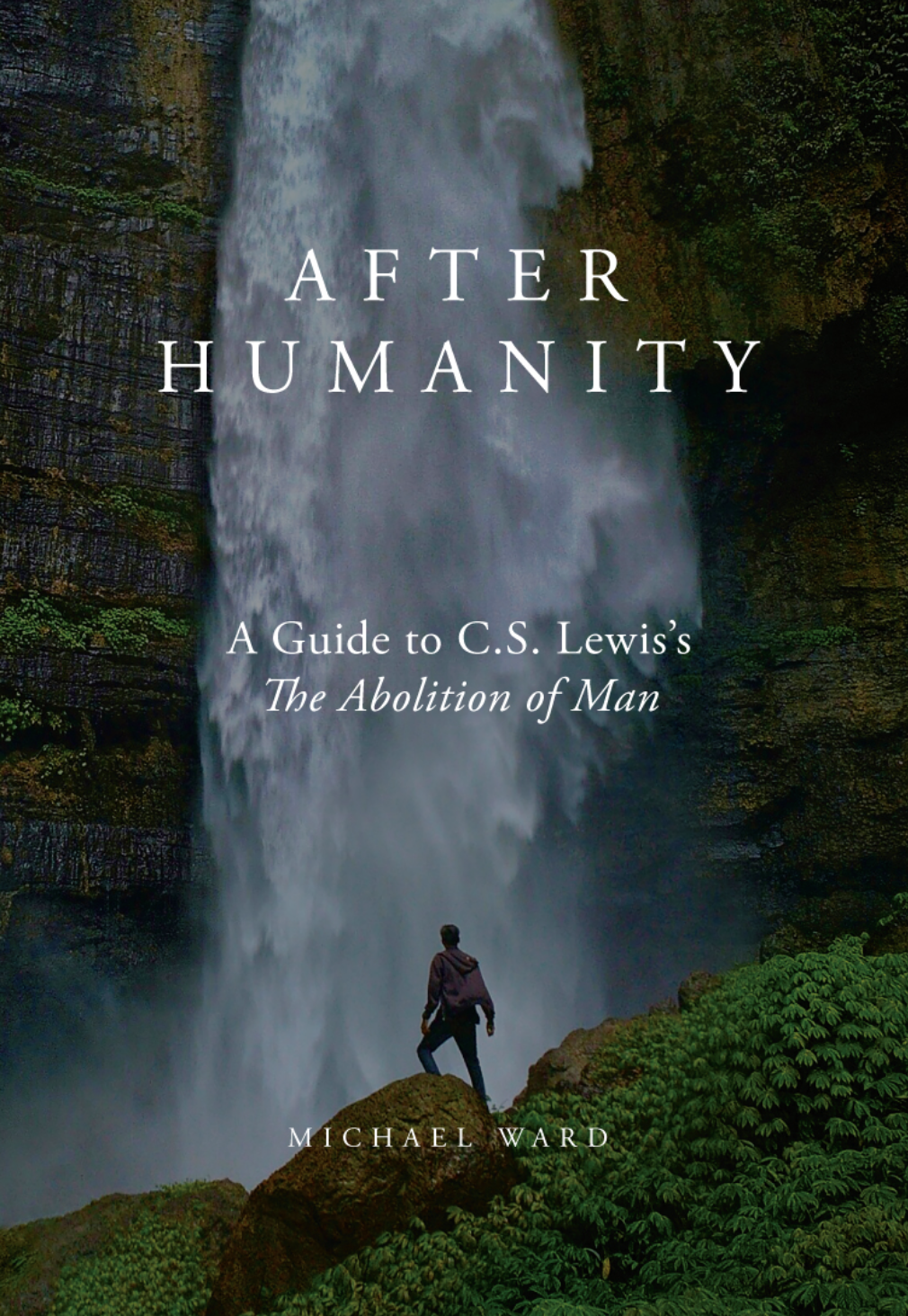
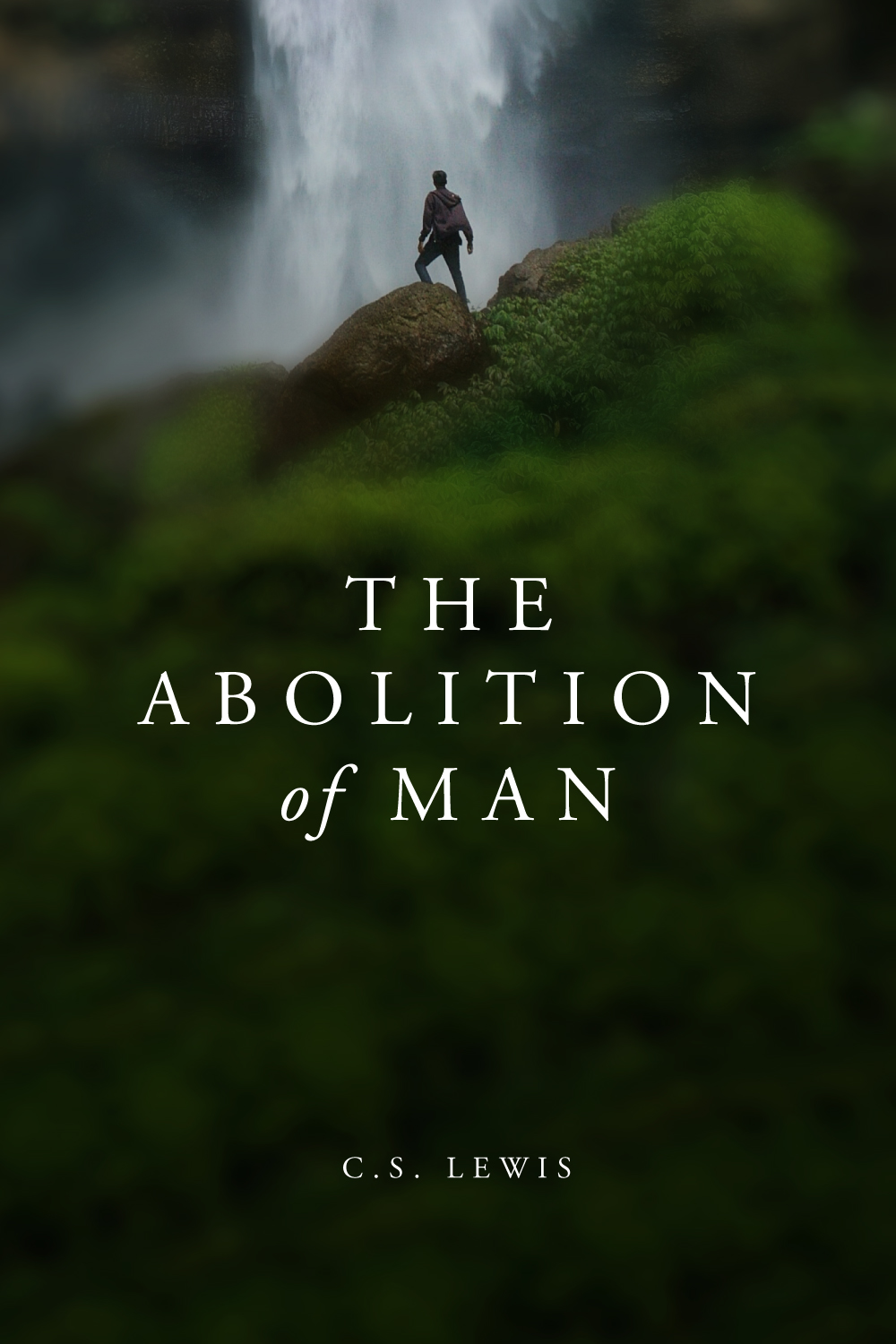
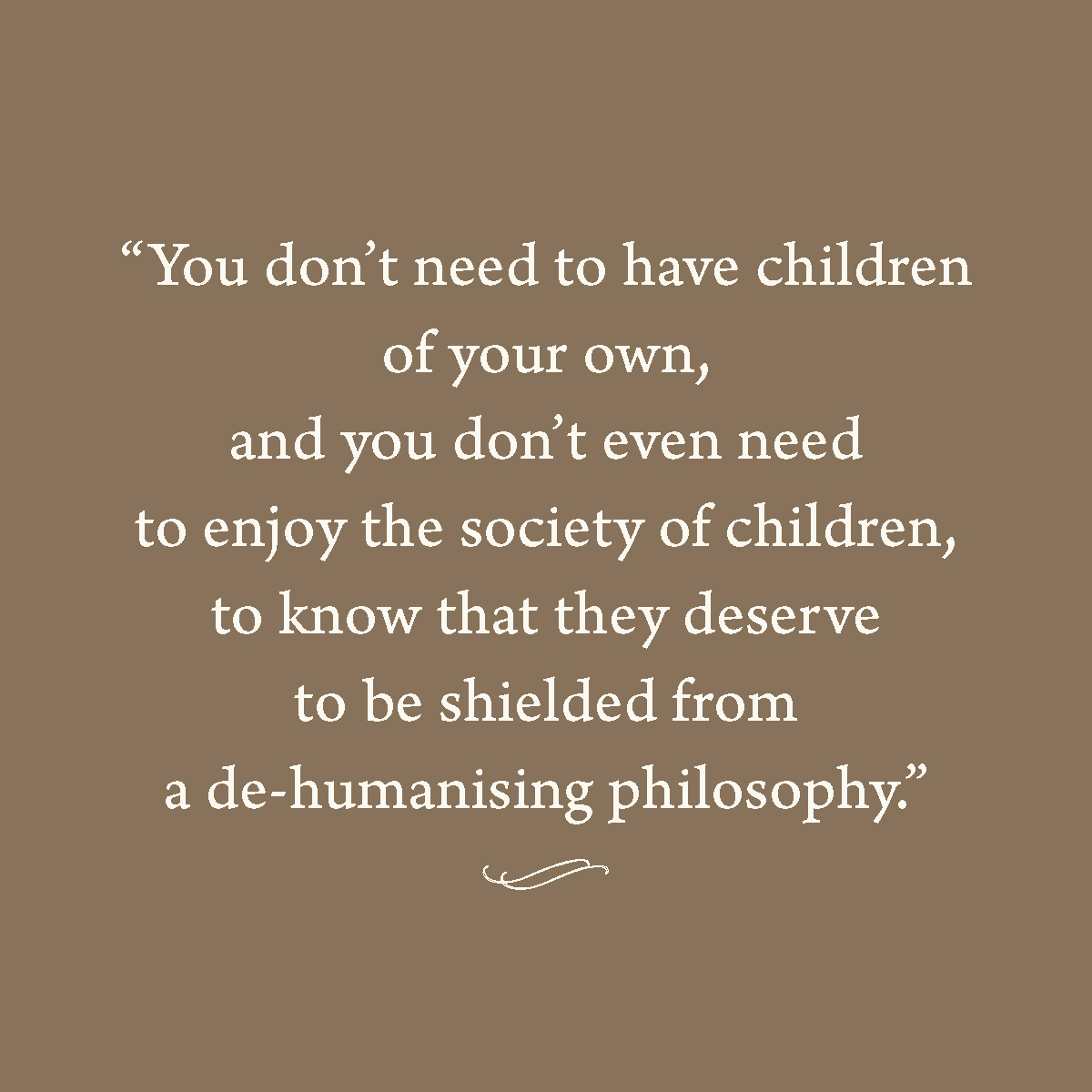

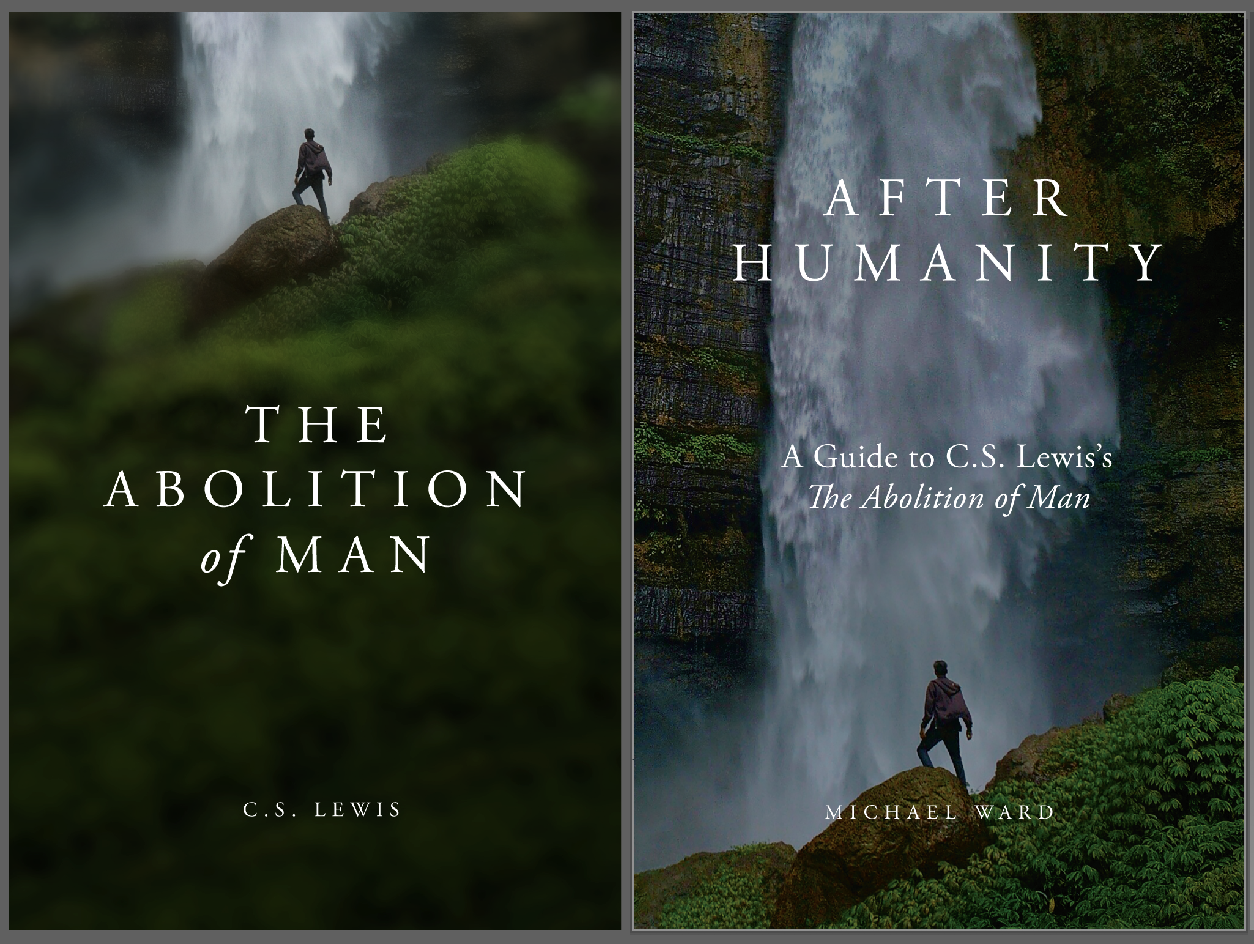
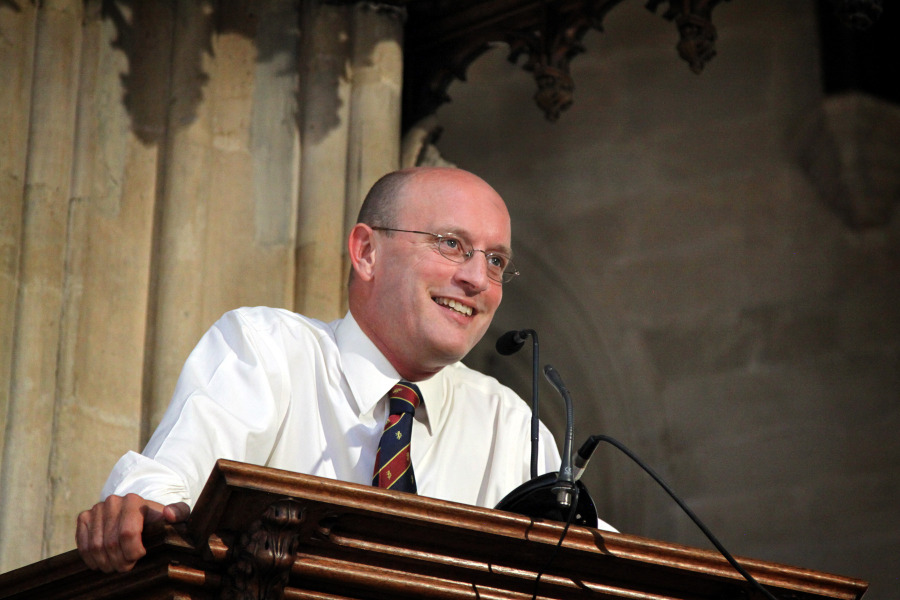
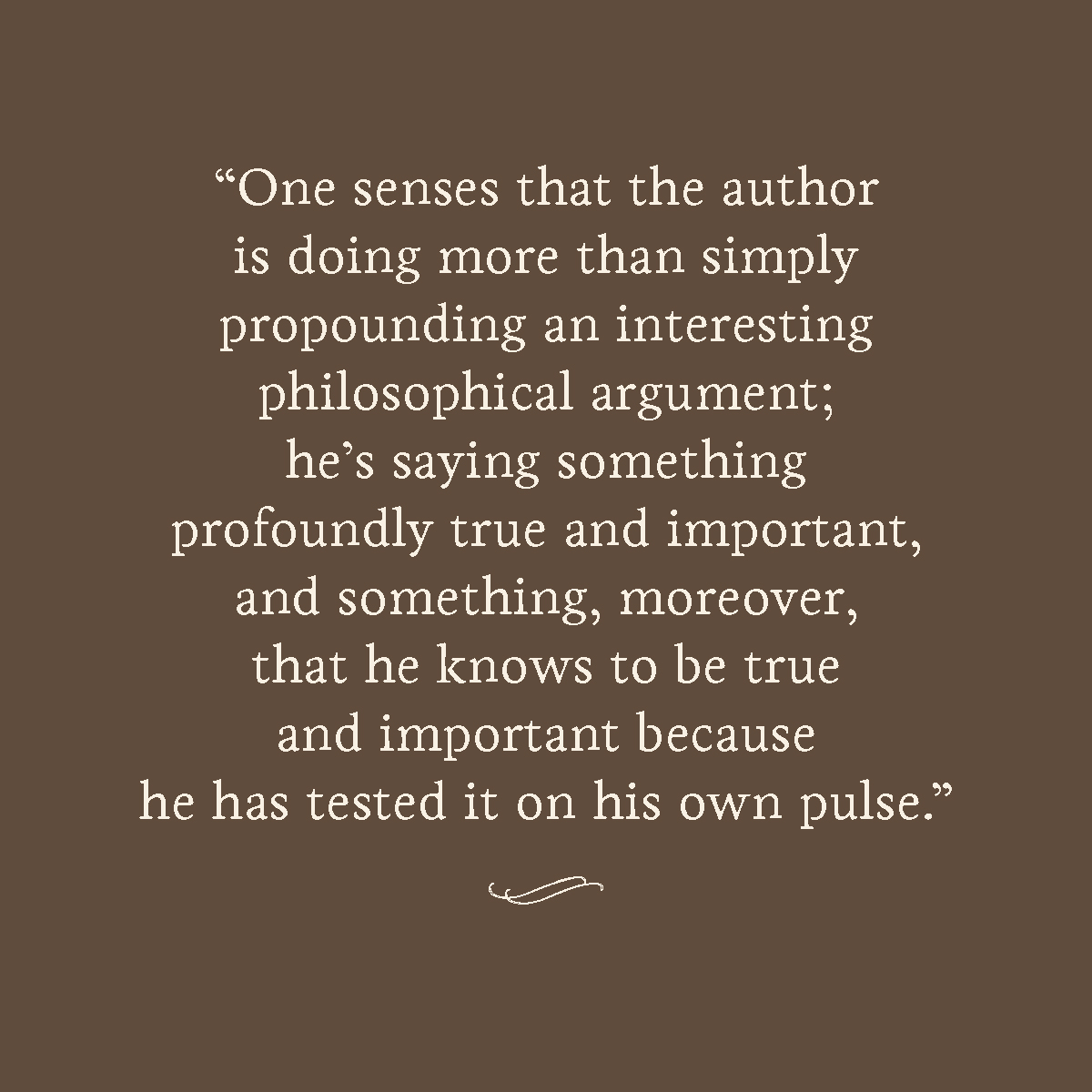
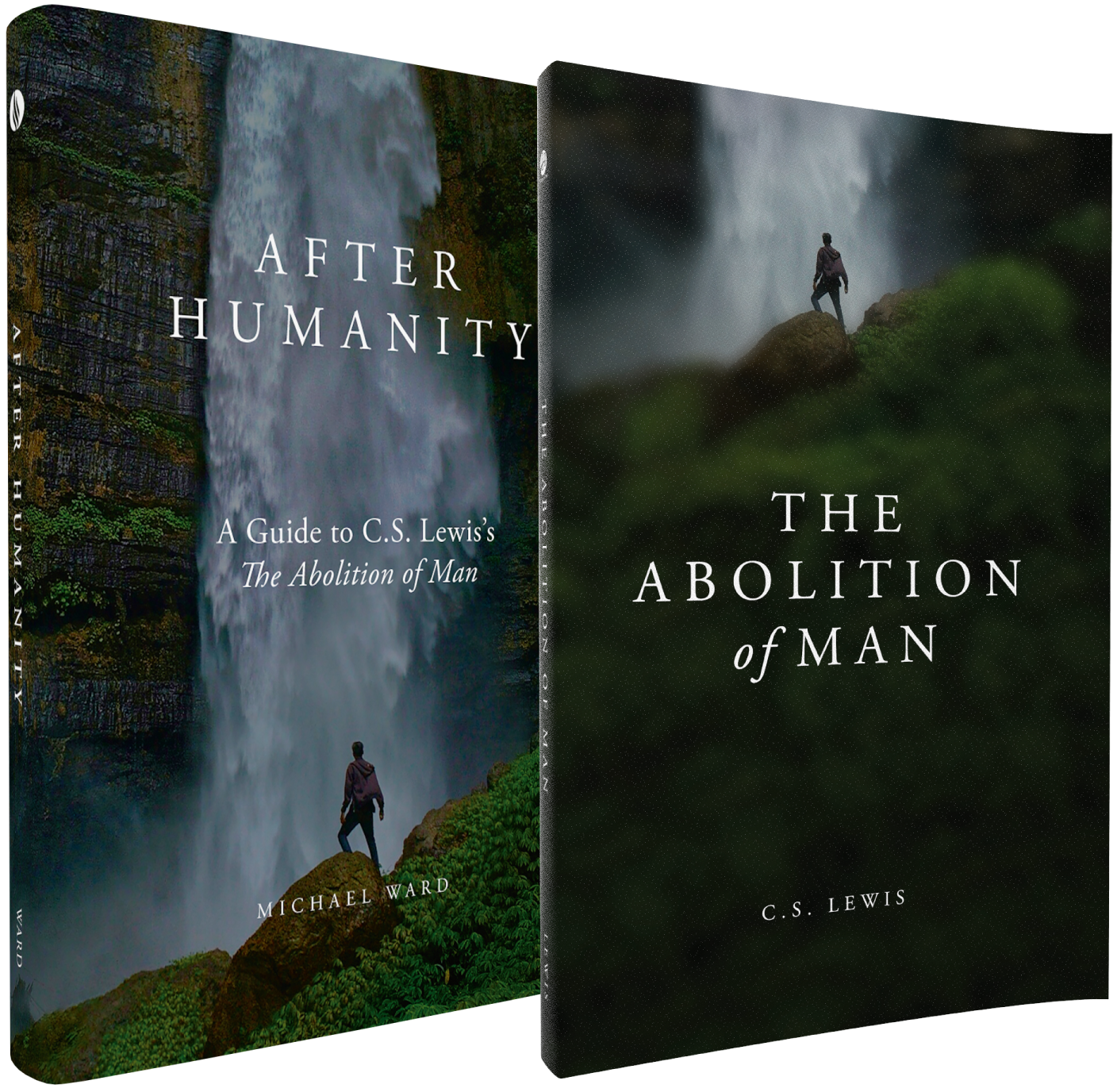

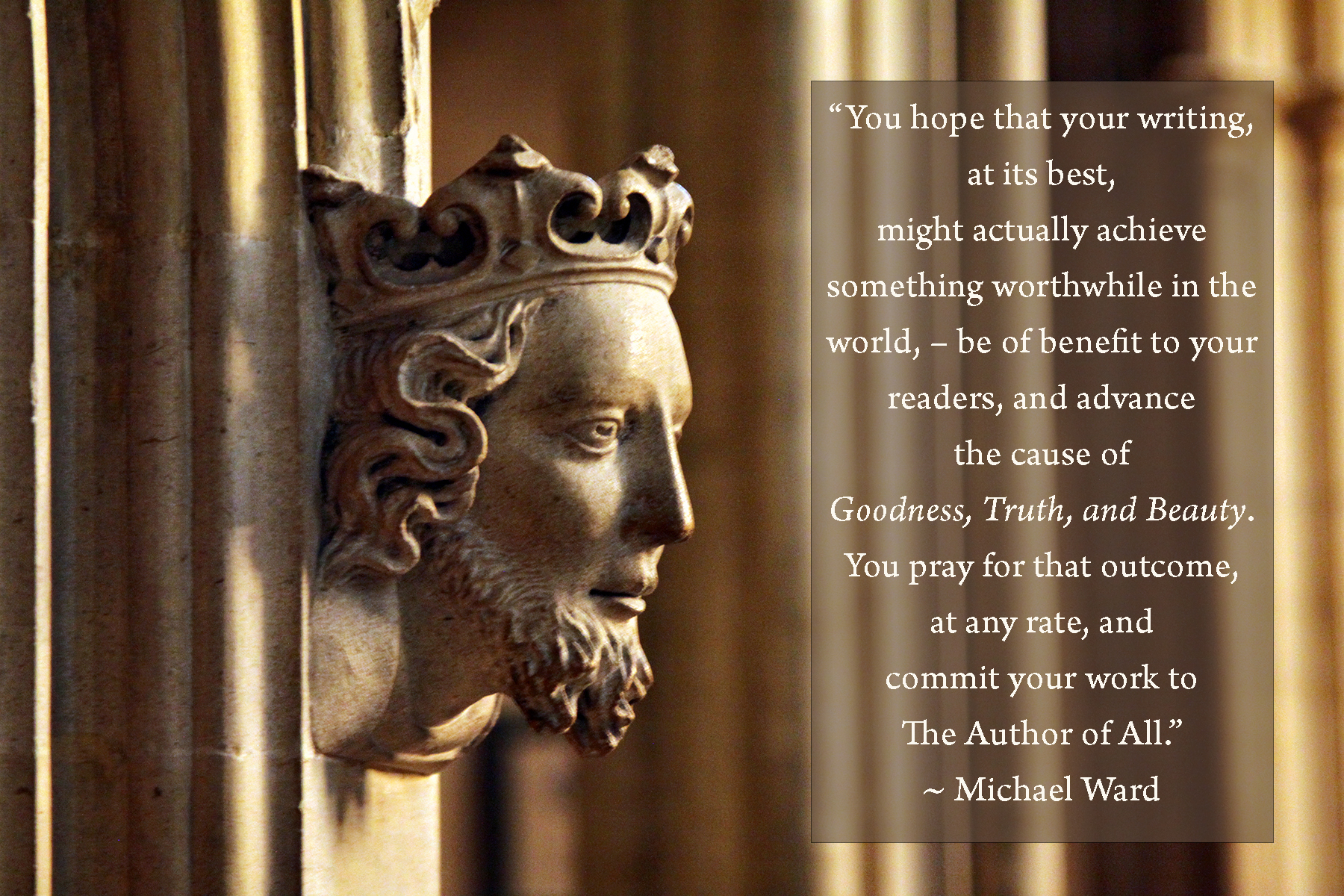

Add a comment
0 Comments